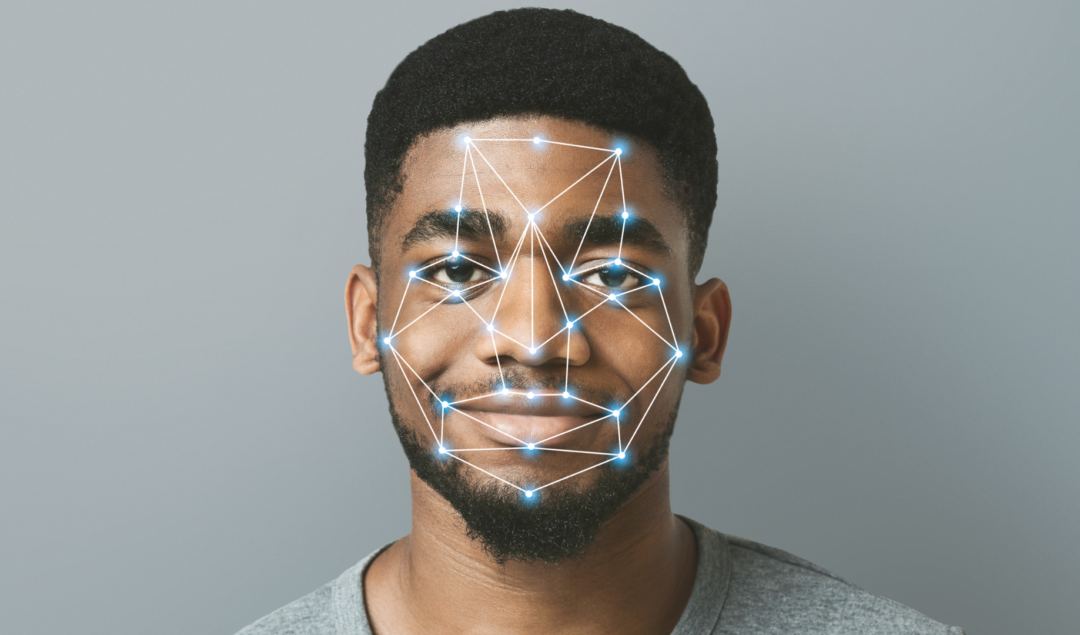Facial Recognition Tech Used To Jail Black Man For Louisiana Theft – He’s Never Been To Louisiana

A Georgia man spent almost a week in jail after Louisiana police wrongly identified him as a fugitive using facial recognition software.
Randal Reid, 28, was driving to his mother’s home for Thanksgiving celebrations when local police pulled him over and arrested him, according to local news. Using facial recognition software, the Jefferson Parish Sheriff’s Office (JPSO) had identified Reid as a suspect in a spate of thefts. $10,000 worth of Chanel and Louis Vuitton purses had been stolen.
The problem? Reid had never set foot in Louisiana.
“They told me I had a warrant out of Jefferson Parish. I said, ‘What is Jefferson Parish?'” Reid shared. “I have never been to Louisiana a day in my life. Then they told me it was for theft. So not only have I not been to Louisiana, I also don’t steal.”
Almost a week later, JPSO rescinded the warrant and released Reid.
“They didn’t even try to make the right ID”
There were clear physical differences between Reid and the perpetrator in the surveillance footage, said Reid’s attorney. For example, there was a 40-pound difference in body weight and Reid had a mole on his face.
“Police could have checked his height and weight or made an effort to speak to him or asked to walk through his house to look for evidence. He would have complied,” Calogero said.
Instead, the Georgian transport analyst spent almost a week in jail, “Not eating, not sleeping. I’m thinking about these charges. Not doing anything because I don’t know what’s really going on the whole time. They didn’t even try to make the right ID.”
Bias And Privacy Concerns
While facial recognition technology dates back to the 1960s, its use by law enforcers remains the center of contemporary debate.
Researchers have long noted racial biases in specific facial recognition software, and we’ve seen this play out in wrongful arrests, like those of Nijeer Parks, Robert Williams, and Michael Oliver—all Black men.
There are also privacy concerns. According to the Government Accountability Office, 14 federal agencies reported using facial recognition technology to support criminal investigations. However, a worrying 13 of these agencies did not track whether employees used non-federal systems – with massive implications for privacy and data protection.
Read: From Cars That Can’t ‘See’ Dark Skin To Tech That Can’t ‘Hear’ Diverse Accents: These Researchers Are Tackling Bias
In 2021, Amnesty sued the NYPD after it refused to disclose public records regarding its acquisition of facial recognition technologies and other surveillance tools. Several states also recently banned or restricted the use of the technology over civil rights, privacy, and equality concerns.
Still, last year, New Orleans City Council reversed a two-year ban on facial recognition software, instead placing guardrails on its use by police. According to AP News, New Orleans police may only use facial recognition to generate leads, and department officials must approve requests. They also report that possible facial recognition matches must undergo a peer review by other investigators.
How does the public feel about the use of facial recognition software for criminal justice purposes?
Well, according to a 2022 Pew Research Center study, most Americans support the widespread use of facial recognition software by police. But, unsurprisingly, Black and Hispanic Americans were the most concerned about the disproportionate surveillance of their neighborhoods and false arrests.



